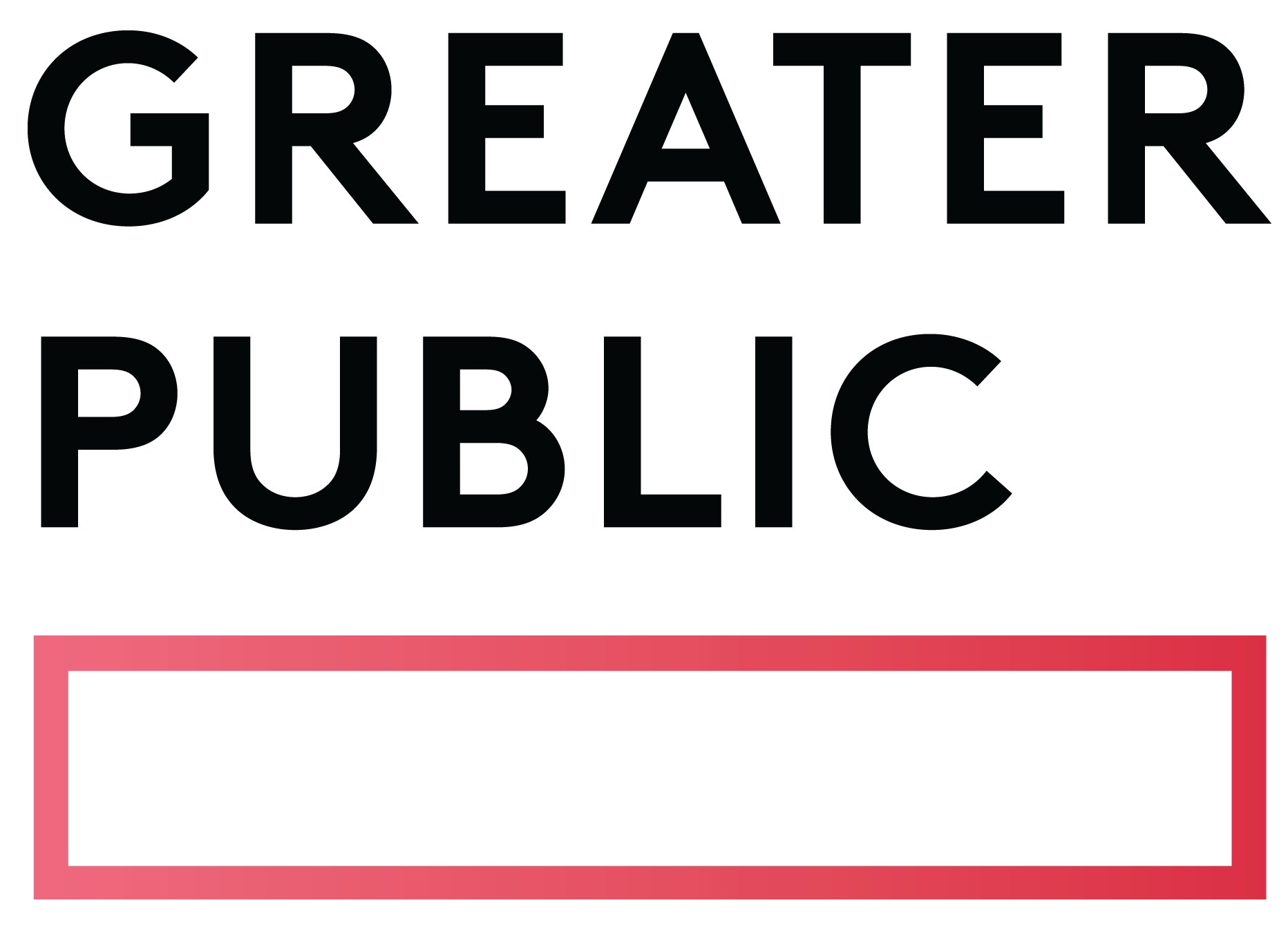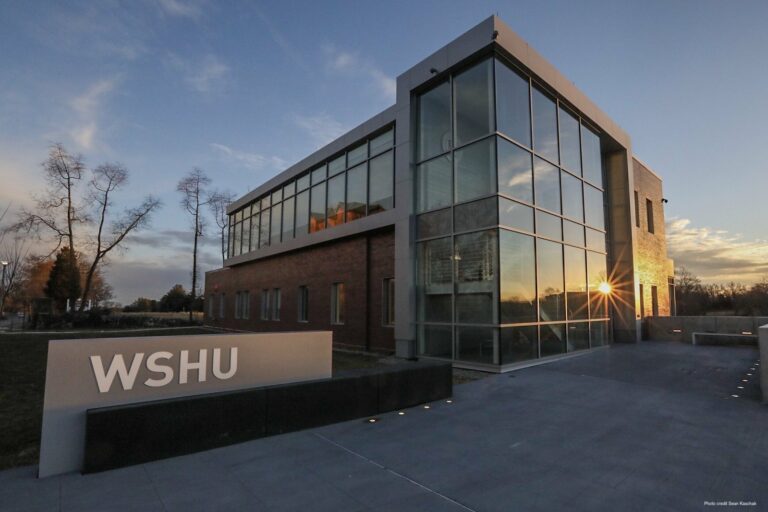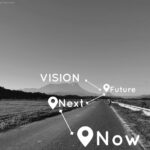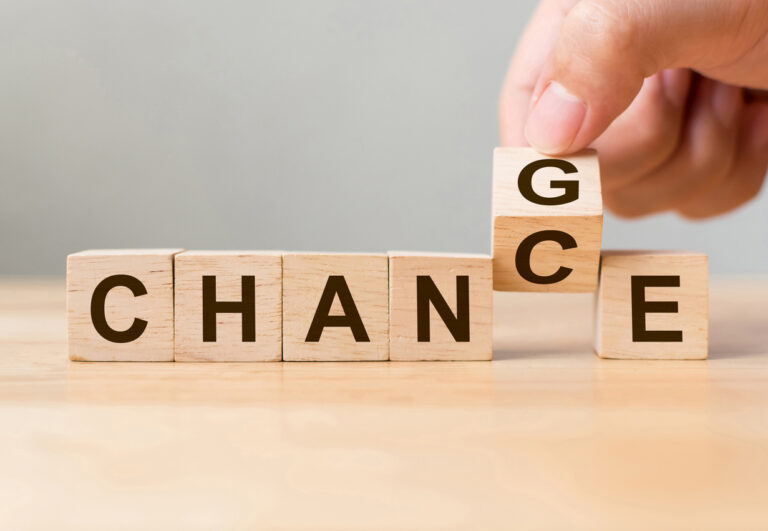While WSHU developed policy and practices for responding to existing members and listeners who were verbally abusive to staff, they also invested in connecting with local communities they’d previously been unengaged with. In their DEI plan, their strategic goals were to build civic infrastructures for their communities leading up to the presidential election of 2024, and to combat misinformation and disinformation. These pillars formed the umbrella under which all DEI initiatives are living. Grant funding from sources such as Report for America, America Amplified, Solutions Journalism, and American Homefront, allowed WSHU to test and build capacity to do outreach with these new communities to the station, and develop new content. WSHU is now the only Northeast station that has a Report for America core member covering an Indigenous beat.
The grant from America Amplified funded a 9-month effort to get specific about the communities of color they wanted to reach. They participated in Pointer’s Digital Transformation program to define the next audience they wanted to cultivate, identifying an audience of 30- to 50-year-olds who are either new to public radio or new to the Connecticut and Long Island area, their geographic coverage. This audience is culturally curious and civic-minded, however, they consume media mostly on demand, rather than on broadcast. To reach them, WSHU developed, “Trash Talkin’,” a digital climate change beat, which is supported by a grant from Solutions Journalism.
As WSHU integrates their DEI practice, Dael believes their engagement with and commitment to their region is growing stronger. How they measure success evolves based on the tactic being employed. When increasing outreach with community leaders, they measured their output—how many conversations were they having and in which communities? Reporters would meet with focus groups of 3-5 people, which could inform, for example, climate change coverage, investigations into affordable housing, and rising incidences of asthma in New Haven. These investigations led to long feature pieces aligned with the community’s interests. WSHU evaluates their success by reviewing website metrics, Google Analytics, and social media, to see how they’re engaging their new target audience.
They see Fairfield County, one of their largest municipalities, as a microcosm of the U.S., where racial diversity and socioeconomic disparity are intertwined. Being equitable in how they reach such a diverse population, and thus inclusive of these communities, has become a station mandate. “We’re not just doing DEI just because we jumped on some bandwagon. This is the work that we’re doing to be more inclusive of the audiences we need to serve better in our community,” Dael states. “It’s also part of the business plan of staying relevant. If we’re not relevant, there’s no reason to be in business. That plays out both on the classical music side, as well as the news side.”








